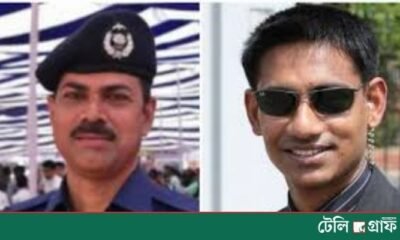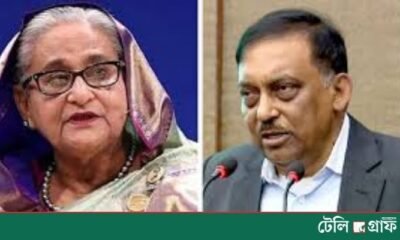Politics
Hasina Rejects July Crackdown Charges, Calls Tribunal a “Kangaroo Court”
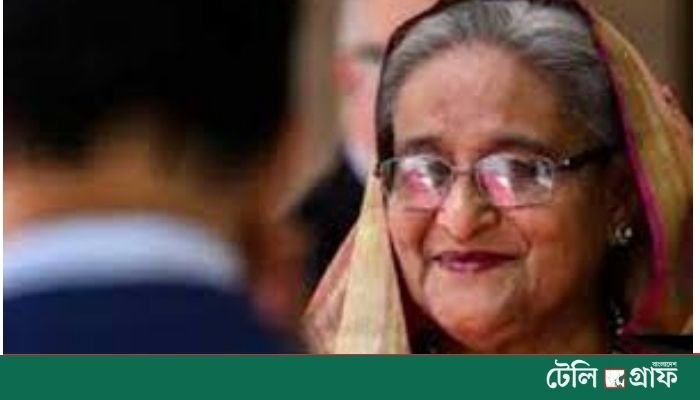
Bangladesh’s ousted former prime minister Sheikh Hasina has denied allegations of crimes against humanity linked to the deadly crackdown on the July protests last year. Speaking to the BBC via email ahead of an imminent verdict by a special tribunal, she described the trial as a politically orchestrated “kangaroo court” and a “farce”.
The prosecution has sought the death penalty for Hasina, prompting heightened security around the tribunal in Dhaka. She stands accused of personally authorising the use of lethal force by security agencies during the mass demonstrations against her rule—allegations she “categorically” denies.
UN human rights investigators estimate that up to 1,400 people may have been killed in the violence aimed at preserving her government’s hold on power. A verified audio recording presented in court appears to indicate her approval of lethal weapons in July 2024.
In July, formal charges were also brought against former Home Minister Asaduzzaman Khan Kamal and former Inspector General of Police Chowdhury Abdullah Al-Mamun. Kamal, who is absconding, faces a prosecution demand for the death penalty, while Mamun has admitted guilt but awaits sentencing.
Hasina claims the trial has been predetermined from the outset and that she has been denied the opportunity to defend herself or appoint legal counsel. She alleges that her political rivals initiated the cases in an attempt to “eradicate” the Awami League as a political force.
Her legal team has submitted an urgent appeal to the United Nations, raising concerns over due process and the integrity of the tribunal. Meanwhile, a ban on the Awami League’s participation in the upcoming February national election remains in effect.
Responding to further questions, Hasina also denied separate allegations of grave human rights violations committed during her 15-year rule. Following her ouster, several secret detention facilities were uncovered in Bangladesh, where critics and political opponents were allegedly held or killed without due process. Hasina claimed she was “unaware” of such practices and rejected accusations of extrajudicial killings and enforced disappearances. She also denies corruption charges for which she faces trial in a separate court.
Politics
Bangladesh Requests India to Return Death-Row Convicts Hasina and Kama

Bangladesh has officially sent a letter to India requesting the return of former Prime Minister Sheikh Hasina and former Home Minister Asaduzzaman Khan Kamal, both sentenced to death for crimes against humanity. Foreign Affairs Adviser Md. Touhid Hossain disclosed the development while speaking to reporters on Sunday.
He said the formal request was sent to New Delhi on Friday, seeking the repatriation of the two convicted individuals. On 17 November, the International Crimes Tribunal delivered its first verdict related to the July mass uprising, sentencing Sheikh Hasina to death on two charges and former minister Kamal on one charge.
The tribunal ruled that the charges brought against them had been proven. Former Inspector General of Police Chowdhury Abdullah Al-Mamun, who served as an approver, received a five-year prison sentence.
The verdict was handed down by a three-member bench of Tribunal-1, headed by Justice Md. Golam Mortuza Mojumdar, with Justice Md. Shofiul Alam Mahmood and Judge Mohitul Haque Enam Chowdhury as members. The ruling marks the first judgment in cases linked to crimes against humanity committed during the mass uprising.
Politics
Jamaat Leader Accused of Seizing Farmer’s Cows Over Alleged Dues

A local leader of Jamaat-e-Islami has been accused of forcibly taking two cows from a farmer in Dumki upazila of Patuakhali. The incident occurred on Friday evening, 21 November, in South Muradia village, according to the victim, farmer Abdul Barek Majumdar.
Locals reported that Jalil Pyada, the general secretary of Muradia Union Jamaat-e-Islami, took the cows from Barek’s house. The matter was later brought to the acting chairman of the union council, Hafizur Rahman Forkan, who held a meeting at Panchayet Bazar in the presence of former UP member Reza.
During the meeting, Jalil claimed that Barek’s son owed money to his brother and that the cows were taken to recover the outstanding amount. He also stated that a related case is ongoing in court.
Farmer Barek, however, said it was unjust to seize his property based on alleged dues involving his son. The acting chairman noted that although Jalil admitted taking the cows, he failed to present any evidence of the supposed debt.
Officer-in-Charge of Dumki Police Station, Zakir Hossain, said no formal complaint has been filed yet. He added that legal action would be taken if a complaint is lodged.
Politics
Parties Back Caretaker Government—But Only for the Future, Not Now
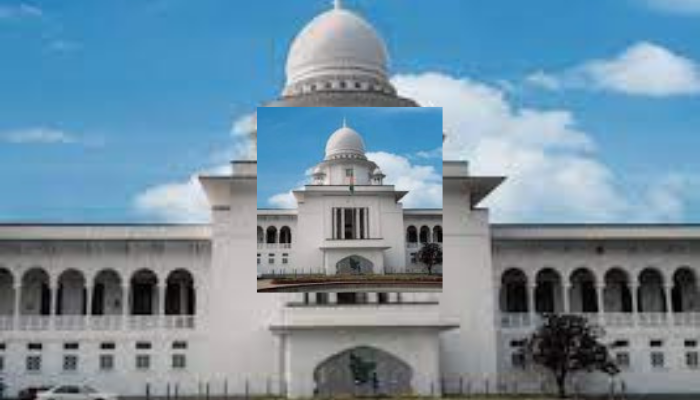
A recent Supreme Court verdict restoring Bangladesh’s caretaker government system has sparked renewed debate, as the upcoming national election will not be held under this arrangement. The ruling clarifies that the caretaker mechanism will apply only in future elections, potentially from the 14th parliamentary polls onward.
Political parties that long demanded the immediate reinstatement of the caretaker system—including the BNP and Jamaat-e-Islami—submitted review petitions seeking the arrangement only “prospectively.” Their revised stance has raised questions among analysts, who note that the court’s decision reflects the arguments presented by the petitioners themselves.
BNP lawyer Zainul Abedin argued that an interim government is already in place and preparations for the election have begun, making an immediate caretaker government impossible. He cited the 1991 election overseen by Justice Shahabuddin Ahmed as an example of a fair poll conducted under an informal interim setup.
Jamaat’s lawyer Shishir Monir said the court deliberately emphasized a prospective implementation to avoid political controversy about the current government’s tenure. Lawyer Sharif Bhuiyan echoed this, adding that without an active parliament, the legal process for forming a caretaker administration cannot proceed.
However, senior Supreme Court lawyer Manzil Morshed believes political parties have shifted from their earlier demands, which ultimately shaped the court’s reasoning.
Attorney General Asaduzzaman described the verdict as historic, stating that the restored caretaker system is now constitutionally valid and must be implemented within 15 days of the next parliament’s dissolution. He also remarked that the earlier judgment led by Justice Khairul Haque was flawed and may have violated penal code provisions.
He further clarified that this ruling cannot be reviewed again, and that it does not conflict with the ongoing case regarding the 15th amendment, which abolished the caretaker system in 2011.
-
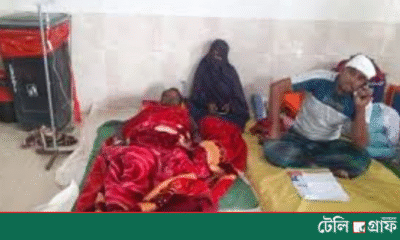
 People and Culture1 day ago
People and Culture1 day agoWedding Invitation Dispute Sparks Violent Clash in Jhenaidah; 10 Injured
-

 Economy1 day ago
Economy1 day agoGiant 32-kg Poa Fish Caught Near St Martin’s; Fisherman Demands Tk 600,000
-
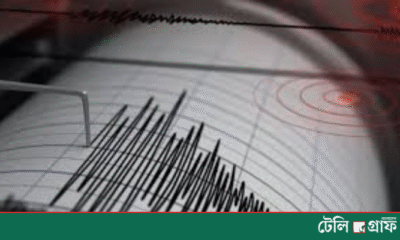
 People and Culture1 day ago
People and Culture1 day agoFive Dead as Strong Quake Jolts Bangladesh; Dhaka at Major Risk
-
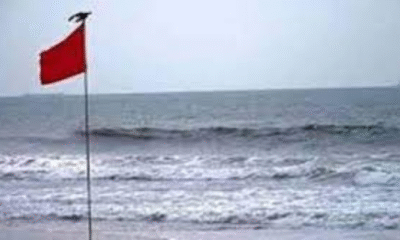
 Weather1 day ago
Weather1 day agoLow-Pressure Likely Over South Andaman Sea as Temperatures Set to Dip
-
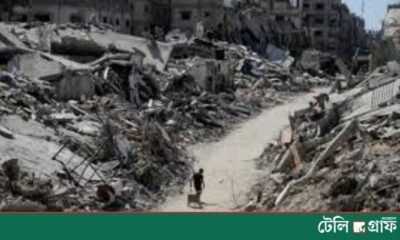
 International14 hours ago
International14 hours ago24 Killed in Israeli Strikes Despite Gaza Ceasefire

